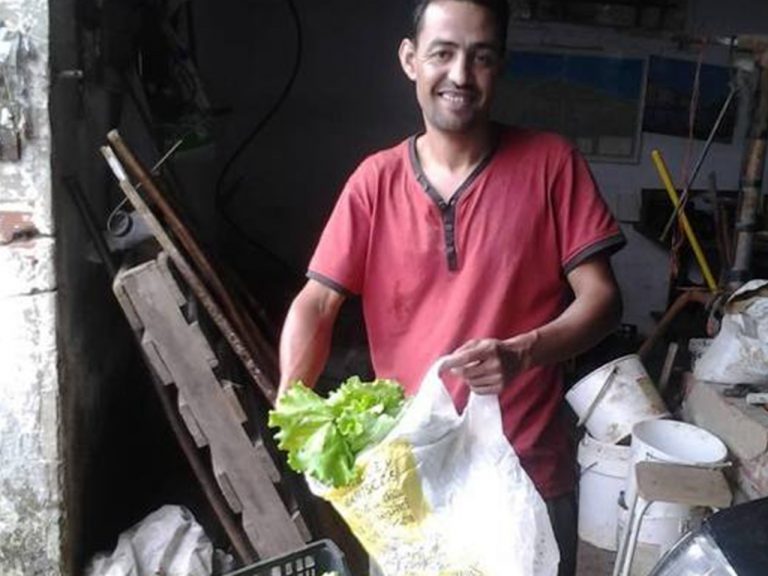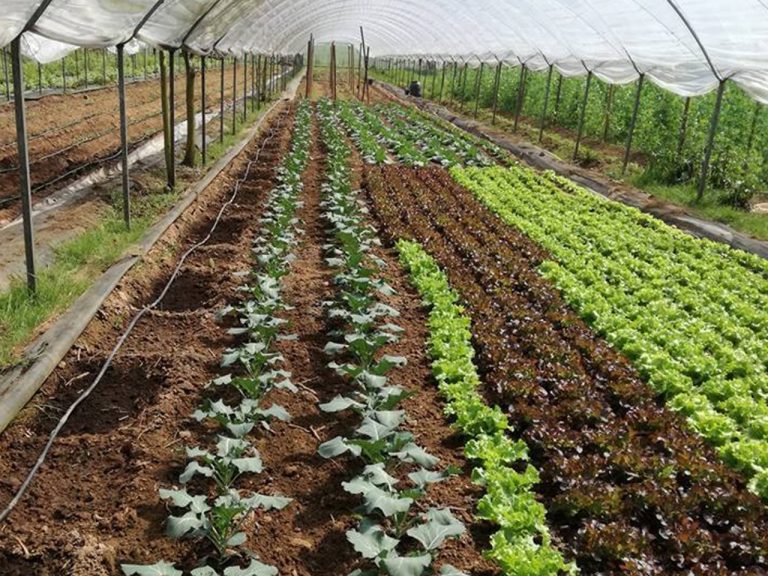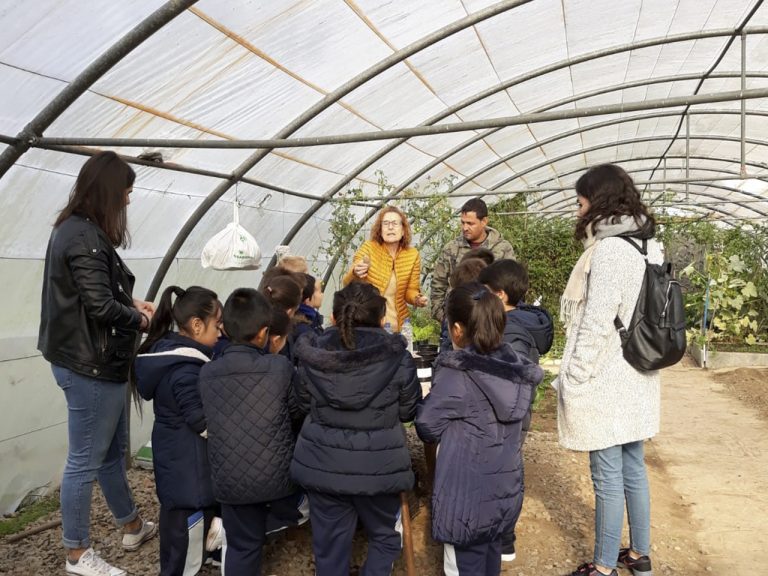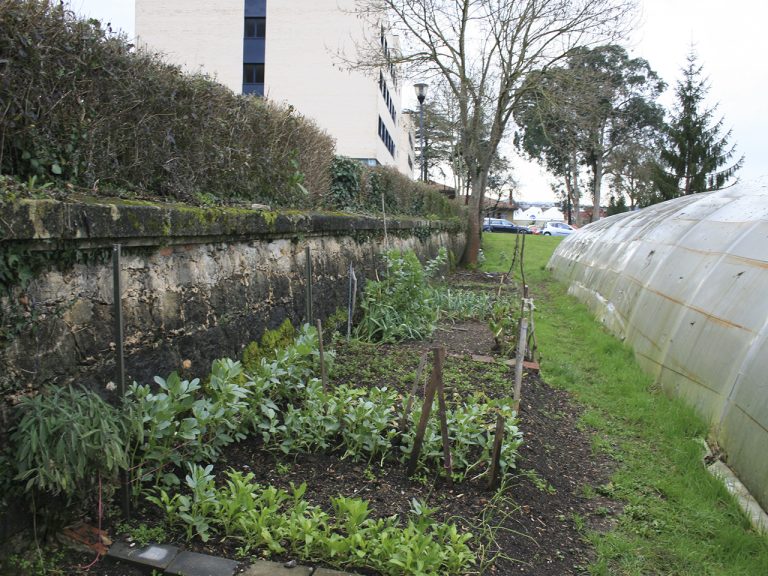Teaching children buisness aspects of organic gardening.
Description of the activity
The purpose of this workshop is for children to learn and understand how an organic garden can become a way to work and develop as a a business.
This workshop is part of the activities that Asturias Acoge organises at the request of the different schools that want to participate. For this association it is very important to be able to visualise the current situation of migrants arriving in Asturias, so that, from childhood they can be sensitised, breaking stereotypes and prejudices related to immigration.
In this case the visit is made to an orchard for the cultivation of vegetables and raspberries certified by the Council of Ecological Agricultural Production of the region of Asturias.This orchard is a company and is owned by a former user of Asturias Acoge from Morocco, who has become an entrepreneur and also collaborates with the NGO in the teaching of organic farming to children and adults.
The main potential of this activity is to let the children know how organic farming can be a valid option for the future.
The main benefit of this workshop is to observe how you can have your own business; in this case, the user who taught the course became a model of good practice for the rest of adult users.
The children learn everything related to the planting and harvesting of raspberries, including participating in the collection and harvesting of them.
In addition, we also try to make the children aware of everything necessary for a balanced diet and respect for the environment in a space of respect and mutual understanding.
It is important to note that this project is not only aimed at minors, but in the development of it, nine people using the urban garden of Asturias Acoge help and collaborate in the delivery of this workshop.
In addition, in a complementary way, another series of workshops are developed in a cross-cutting manner, such as a sowing calendar workshop, healthy life, local consumption groups, etc.
The main threat in this kind of workshops is how to merge the concept of migration with all that it entails with the basic concepts on agriculture; that is to say, they try from the association to create a symbiosis between two ideas that at first glance don’t seem connected.

 English
English  Deutsch
Deutsch  Español
Español  Svenska
Svenska 







